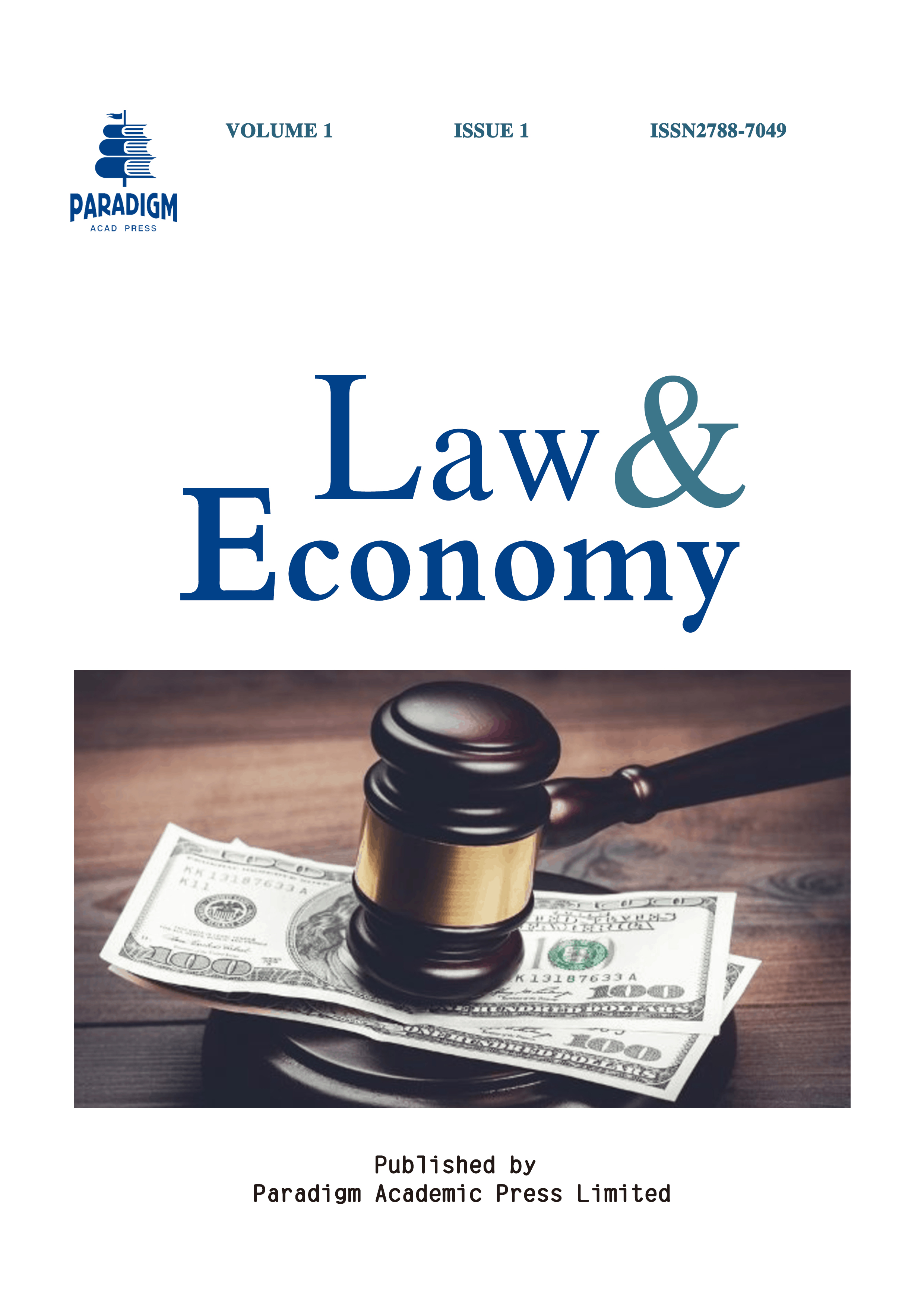The Liability of Freight Forwarding Agents as Middlemen in International Transactions: The Case of Cameroon
DOI:
https://doi.org/10.63593/LE.2788-7049.2025.08.003Keywords:
liability, freight forwarding agents, middlemen, international transactionsAbstract
International trade relies heavily on effective logistics intermediaries, notably freight forwarding agents, who play a pivotal role in facilitating cross-border transactions. In Cameroon, the complex interplay between legal frameworks, industry standards, and operational realities shapes the liability faced by these agents as middlemen. Despite the foundational legal structures, the liability of freight forwarders in Cameroon is often ill-defined due to fragmented legislation, ineffective implementation, and inconsistent industry practices. Ambiguities in the law and lax enforcement mean stakeholders face uncertainty about the standards of responsibility, compensatory mechanisms, and dispute resolution processes in cases of cargo loss, damage, or delay. The primary aim of this article is to critically assess the legal basis, scope, and practical effectiveness of the liability regime governing freight forwarding agents in Cameroon’s international transactions environment. The methodology adopted is purely qualitative research methodology. The method is doctrinal engulfing an in depth analysis of both primary and secondary sources of data. The primary sources of data are gotten from laws, case law why the secondary sources of data are gotten from books, journal articles, reports, newspapers. Finding reveal that Freight forwarders in Cameroon are generally liable for loss or damage to cargo under a presumption of fault, although liability can be limited or excluded by contract, statutory exemptions (such as force majeure), and international convention provisions. The article concludes the current regime governing the liability of freight forwarding agents in Cameroon broadly supported by domestic and international legal instruments, is hampered by inconsistencies, enforcement gaps, and operational ambiguities. This results in uncertainty for parties and impedes effective recourse in the event of disputes or losses. The article recommends that there is the need for the Government of Cameroon to harmonize and clarify liability standards within Cameroonian law and align them more closely with international conventions.


